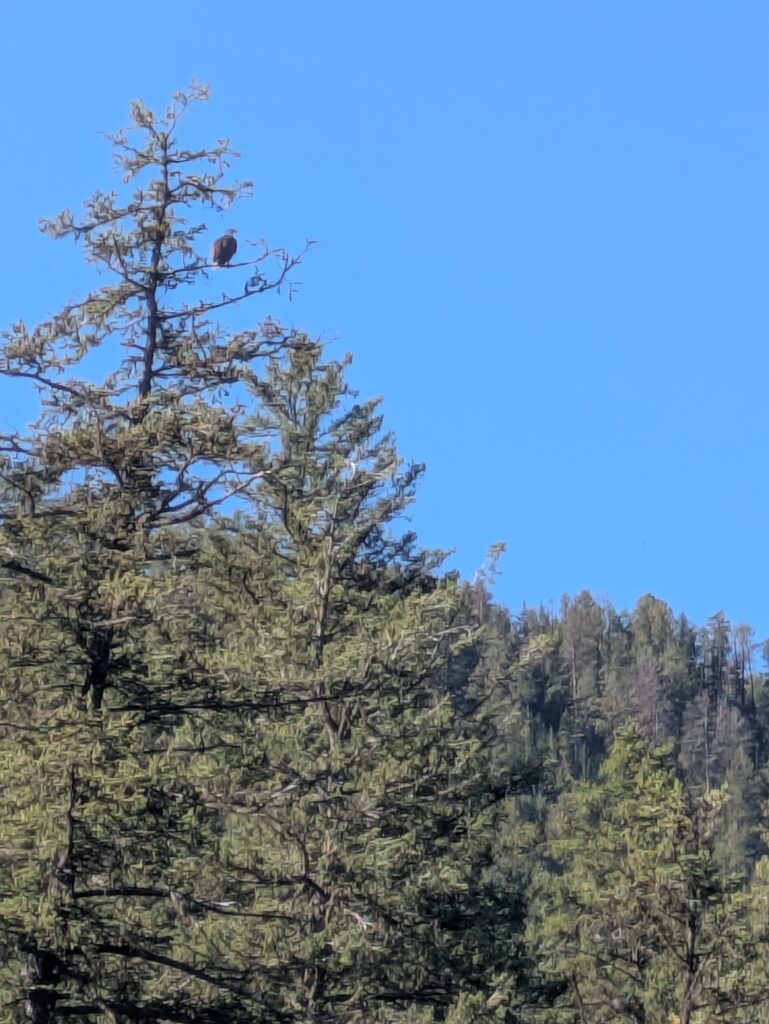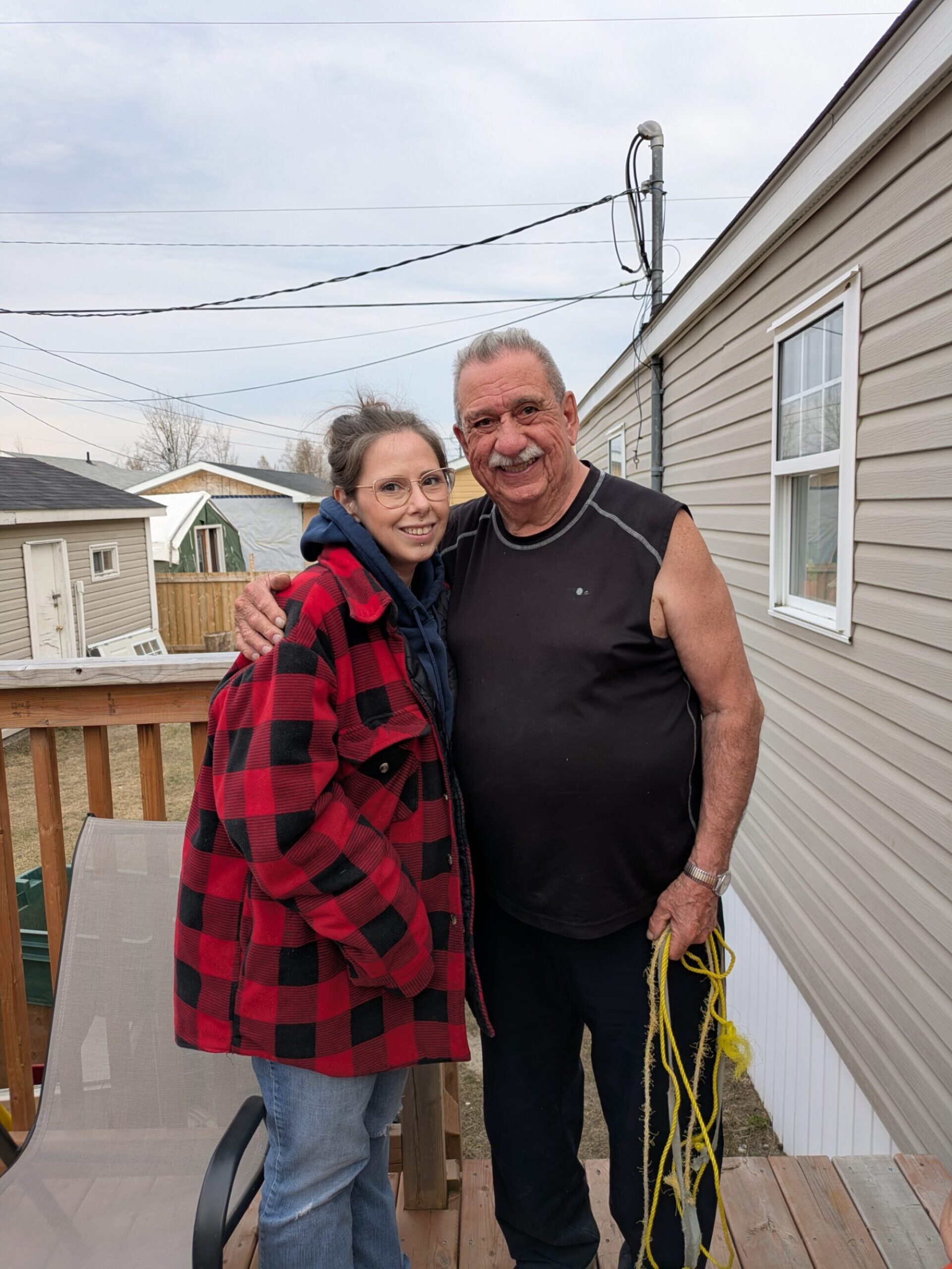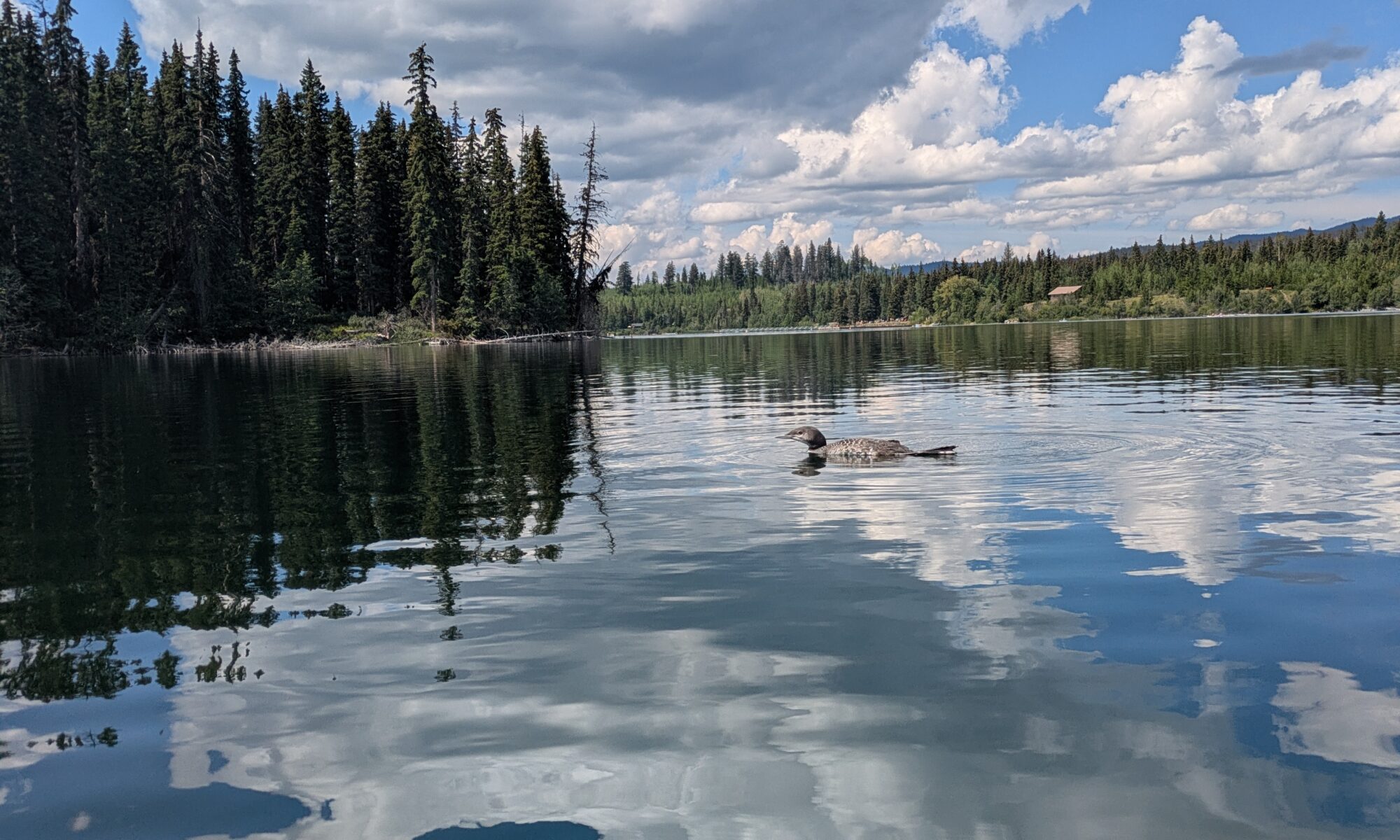During my time in the program, I chose to participate in classes that pushed me out of my comfort zone. It allowed me to have a better understanding of global human rights and social justice issues, such as taking the course on genocide in the 20th century. Each course allowed me to pursue research for the final projects in the field associated with that class that related to human rights and social justice issues. Being Indigenous, I took this as an opportunity to explore the many human rights and social justice issues that Indigenous people in Canada face…issues that I have some understanding of and some that I have been blind to. What I haven’t been blind to is that the many human rights and social justice issues have stemmed from somewhere and that somewhere is colonialism. Colonialism is centered on destruction and assimilation of the Indigenous person. There were many ways in which they accomplished this such as instillation of the Indian Act in 1876 and within this Indian Act, the creation of the Residential Schools (Vanthuyne, 2021). Residential schools were meant to assimilate the Indigenous person and for over a hundred years, that is exactly what they accomplished. What I’ve been blind to is the outcome of subsequent generations. Specifically, how did having a family member attend the Residential School affect their children and grandchildren and so on…
Today, it is important to recognize Residential Schools as they have had and continue to have impact on Indigenous families all over Canada through means of cultural and physical genocide caused by a legacy of trauma (Middelton-Moz, Mishna, Martell, Williams & Zuberi, 2023). Having family that attended residential school, I wasn’t fully aware of the horrors they faced as my parents and grandparents protected us from what they experienced and never spoke of their time there. What I now understand through class teachings in “Indigenous Ways of Knowing: Resurgence of Land Based Pedagogies and Practices” and through research is the horrors Indigenous people in Canada faced and that the pain caused led to intergenerational trauma, in which I wrote a paper for. Intergenerational trauma defined by Middelton-Moz, Mishna, Martell, Williams & Zuberi is traumatic events that are “transmitted across generations through social, dynamic, family systems, epidemiological, sociological, and biological means” and is caused by the violent and large-scale attacks in which the government instilled upon the Indigenous person (2023, pp. 971). Intergenerational trauma was a key to not only my family but gave answers to many more.
What identifying intergenerational trauma did was confirm that the Canadian governments intention was assimilation of Indigenous families through means such as Residential Schools. The government normalized the mistreatment to Indigenous peoples (Middelton-Moz, et al., 2023) which allowed them to commit such horrendous acts. Even after Residential Schools were closed, the pain from the trauma has seeped into generations following. According to Middleton-Moz, et al., there are a multitude of residual Intergenerational effects faced by the following generations and include “depression, post-traumatic stress disorder, suicide, substance abuse, family dysfunction, physical and sexual abuse, and criminal activity” (2023, pp.971). All of which is detrimental to the families of Residential School survivors.
I believe through research that a part of the inability to heal from the trauma caused by Residential Schools is the inability to practice traditional exercises which have been taken away from them by the Canadian government. Indigenous people have many traditions, languages and healing practices that are intertwined with the land (Johnson-Jennings, Huyser, Collins, Jessome, Christianson, Chavez & Lockhart, 2025). Traditional lands, that for many Indigenous groups, had been removed by the Canadian government and continue to remain under the ownership of our Canadian government. It was the governments aim to strip the Indigenous peoples of their ways of living…the very being of the Indigenous person in hopes of removing the Indigeniaety.
It was through my research that I began to fully understand the extent that the government of Canada has let the Indigenous people down through the colonialist practices intended to assimilate them. I also understand that colonialism isn’t in the past, but in the present and this is something we should all be aware of. This led me to the teachings in class about reconciliation. Indigenous peoples of Canada have come together to create the Truth and Reconciliation Commission of Canada in 2008. This agreement is “a long-term journey toward the restoration of balance in the relationship between Aboriginal and non-Aboriginal people” (Vanthuyne, 2021, pp.357). It was created to address the ongoing influences of Western prejudices and perspectives, the Truth and Reconciliation Commission of Canada proves to challenge colonial structures to recognize the truths of Indigenous experiences in which they lived (Johnson-Jennings, 2025). It made me question how we can truly reconcile when the government barely recognizes the policies in place that are meant to keep us down.
Researching the history of colonization and the Residential Schools which were meant to assimilate the Indigenous person taught me about intergenerational trauma. It is this trauma that the history of Residential Schools continues to live with the Indigenous people, including my family. Further research of Indigenous people and the ongoing colonialism that is taking place changed my perspective on the colonialism itself. It has shown me that what is occurring to the Indigenous people is an ongoing human rights and social justice violation, despite the lack of the Canadian government’s response to the 94 calls to action.
References
Johnson-Jennings, M., Huyser, K.R., Collins, K.A., Jessome, M.G., Christianson, T.D., Chavez, T. & Lockhart, F.J. (2025). “And They Are Still the Guardians of These Sacred Waters …”: Land as a Process of Reconciliation. American psychologist association, 80(4), 494-509, https://psycnet.apa.org/doi/10.1037/amp0001372.
Middelton-Moz, J., Mishna, F., Martell, R., Williams, C. & Zuberi, S. Indigenous trauma and resilience: pathways to ‘bridging the river’ in social work education. Social work education, 42(7), 968-985, https://doi.org/10.1080/02615479.2021.1998427.
Vanthuyne, K. “I want to move forward. You can move forward too.” Articulating Indigenous self-determination at the truth and reconciliation commission of Canada. Human rights quarterly, 43(2), 355-377, DOI: https://doi.org/10.1353/hrq.2021.0023.


